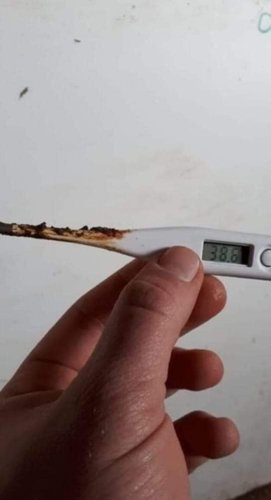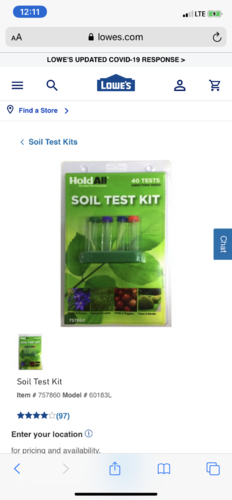Irrelevant
Well-known member
Since hunting and fishing are out of the picture and we can't go aware, I'm trying to keep myself occupied.
I'm working on growing some blueberries. I have (3) mature bushes and (11) 2 yr old plants. They just won't hardly grow. I suspect it's the pH, even though I've applied miracid a couple times a year. Anyone found a good method for testing pH? I tried some strips, but the results were difficult to interpret (colors didn't really match any of the key colors), I also have a 3-way probe, but the pH part doesn't ever seem to move. Any suggestions would be appreciated.
I'm working on growing some blueberries. I have (3) mature bushes and (11) 2 yr old plants. They just won't hardly grow. I suspect it's the pH, even though I've applied miracid a couple times a year. Anyone found a good method for testing pH? I tried some strips, but the results were difficult to interpret (colors didn't really match any of the key colors), I also have a 3-way probe, but the pH part doesn't ever seem to move. Any suggestions would be appreciated.






